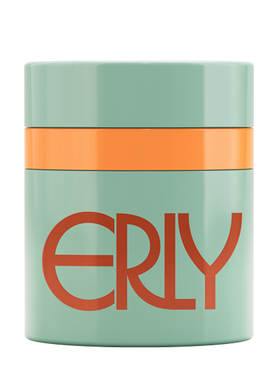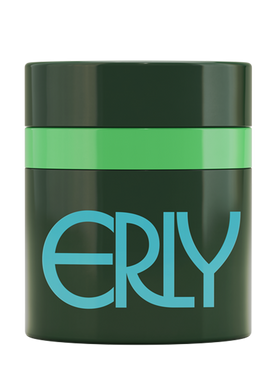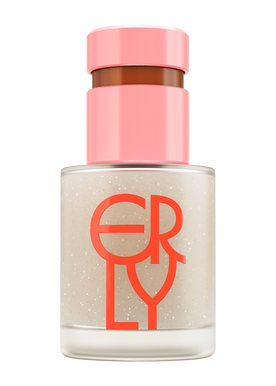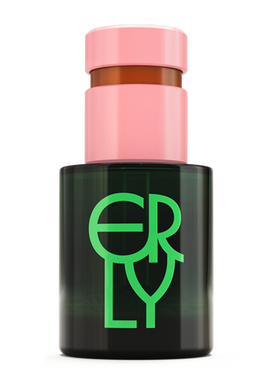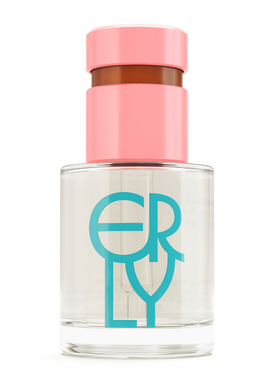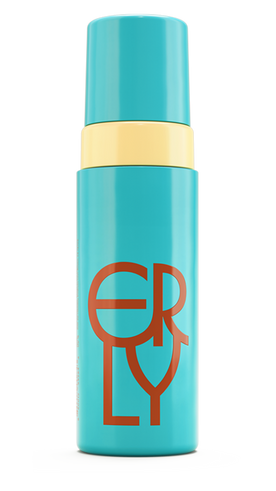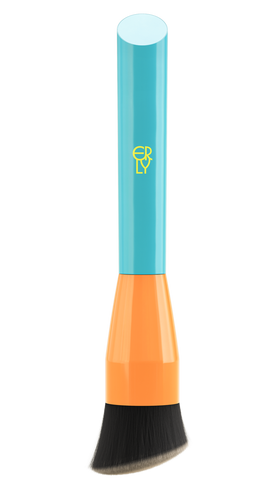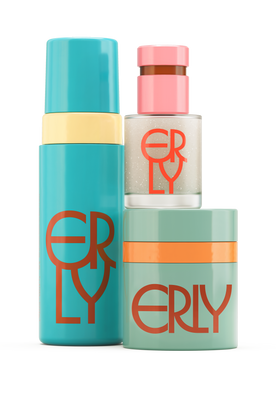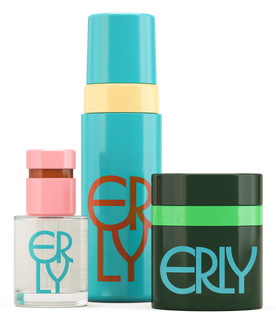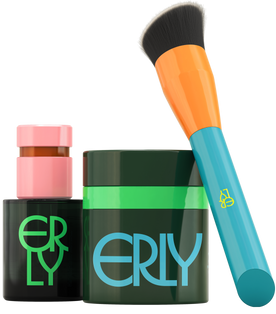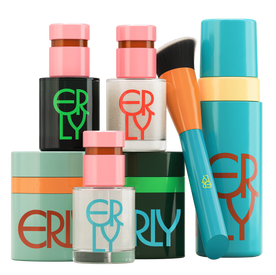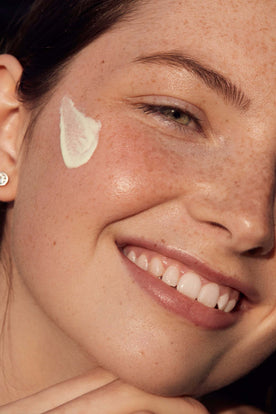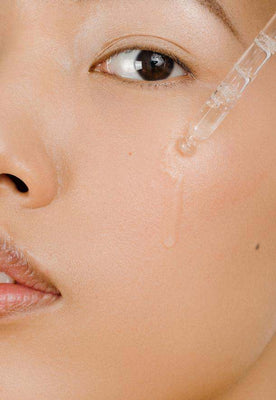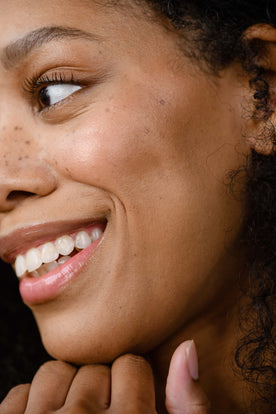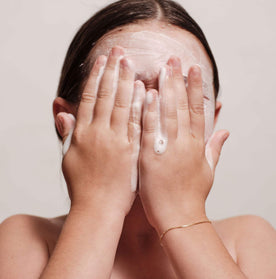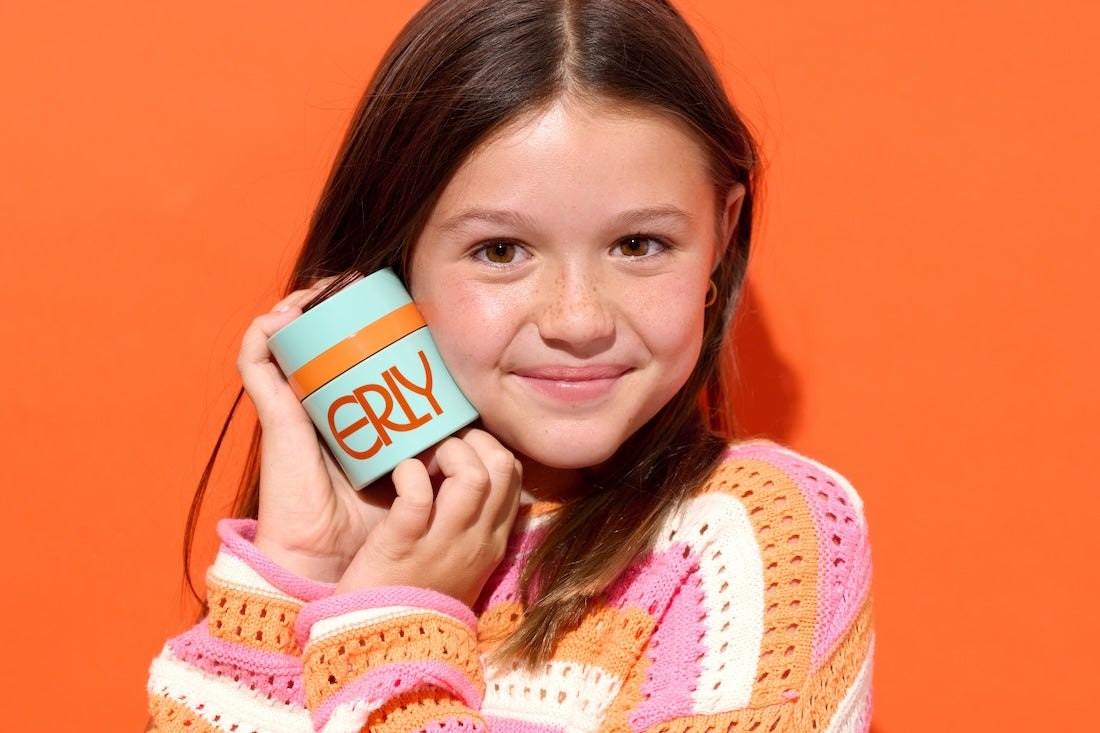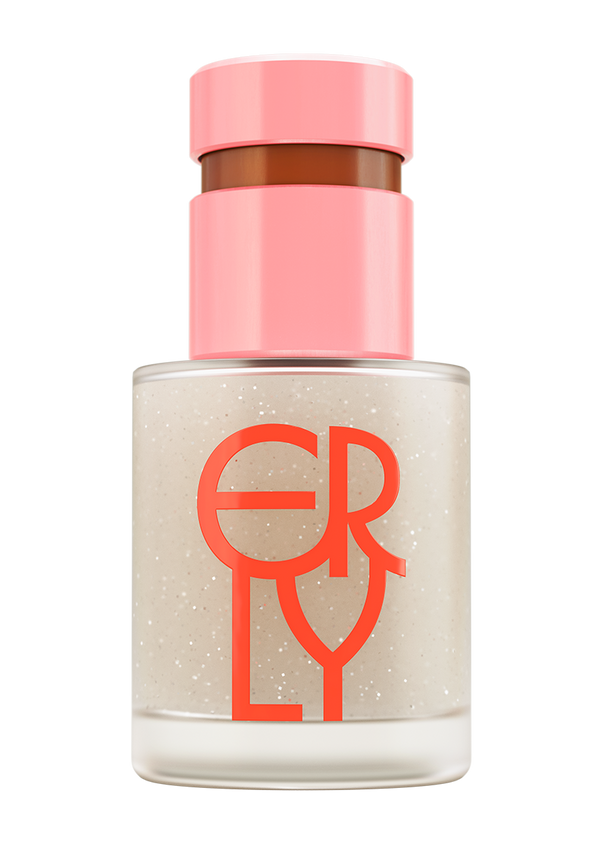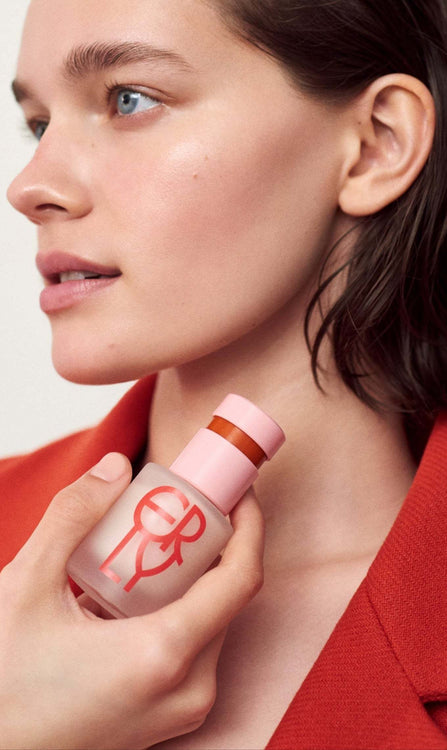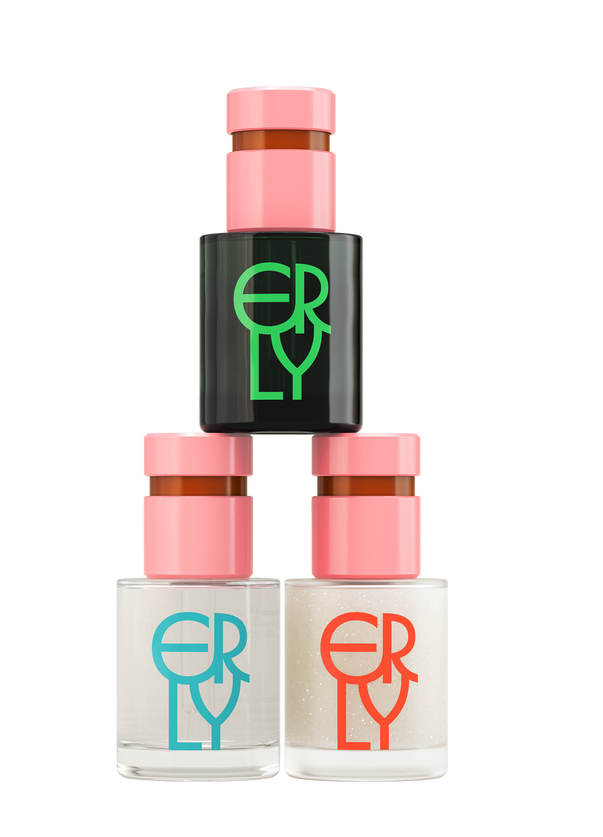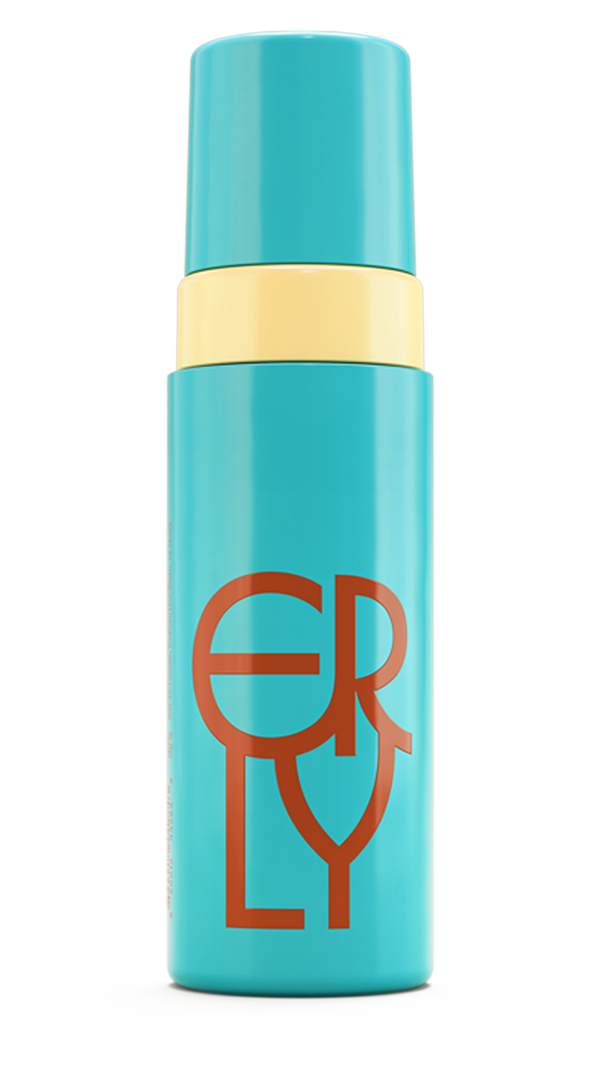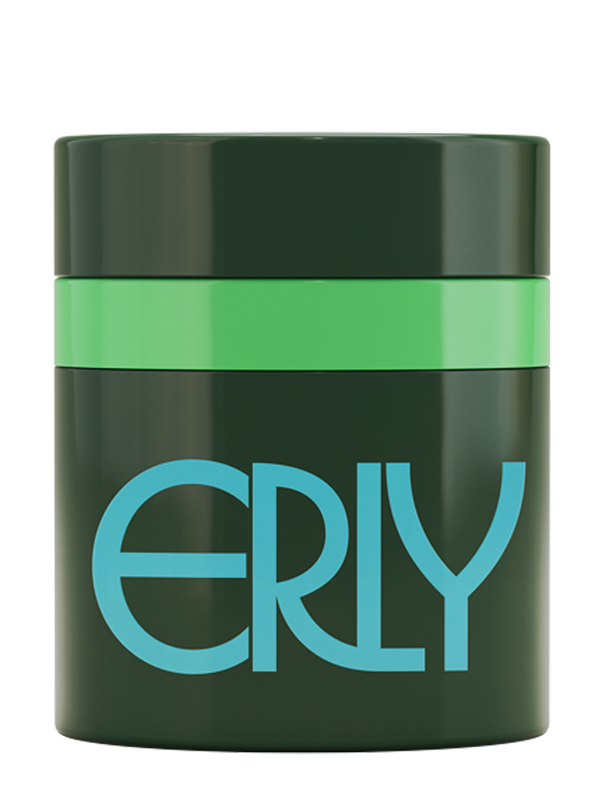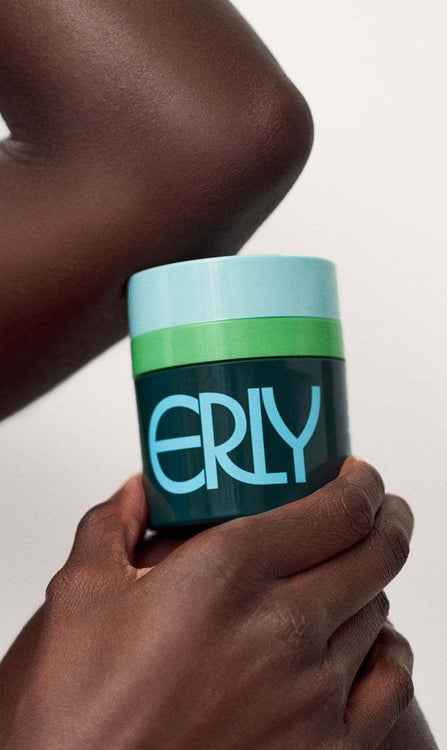In recent years, social media has fueled a surprising trend: children as young as eight or nine are building complex skincare routines filled with serums, peels, and luxury creams. While it may look harmless—even cute—this skincare phenomenon in children is concerning from a dermatologist’s point of view. Kids are showing up in my office with irritation, breakouts, and even early signs of skin barrier damage because they’re using products designed for adults, and a recent study has confirmed this scientifically. Let’s talk about what the best skincare for kids really is, what isn’t appropriate, and how to keep things simple, safe, and effective.
Why the Kids’ Skincare Trend is Concerning
Children’s skin is not the same as adult skin. It’s thinner, more sensitive, and less equipped to handle strong active ingredients. While many children are genuinely interested in taking care of their skin—and that curiosity can be positive—the problem arises when they use products formulated for anti-aging or acne-prone adults.
Here’s why it’s concerning:
-
Harsh ingredients like retinoids, AHAs, BHAs, and high-strength vitamin C can disrupt the delicate skin barrier in children, leading to redness, dryness, and rashes.
-
Over-cleansing or layering multiple products can strip natural oils, which kids’ skin needs to stay balanced and resilient.
-
Misinformation on social media is widespread—kids see influencers promoting 10-step routines and believe that’s the norm, when in reality their skin requires far less.
Skincare for kids should be about protection and prevention, not correction or anti-aging.
What Kids’ Skincare Should Include
A healthy, age-appropriate routine for children has three pillars: gentle cleansing, hydration, and sun protection. That’s it.
1. Gentle Cleansing
Kids are active—they sweat, play sports, and may start to experience clogged pores as they approach puberty. A mild, fragrance-free cleanser is all that’s needed to wash away dirt and oil without over-drying. Harsh cleansers or exfoliating scrubs can do more harm than good.
-
Dermatologist recommendation: ERLY Face Foam is a great choice because it’s gentle, fragrance-free, and suitable for all skin types. It cleans effectively without stripping, which helps kids maintain a healthy barrier.
2. Daily Sun Protection
One of the best lifelong habits kids can form is wearing sunscreen every day. Ultraviolet (UV) damage starts early, and cumulative sun exposure increases the risk of skin cancer and premature aging. By normalizing sunscreen use in childhood, you set your kids up for healthier skin for decades to come.
-
Dermatologist recommendation: ERLY Start Moisturizer with SPF 40 is an excellent option for kids. It’s a mineral sunscreen, which means it uses zinc oxide to reflect UV rays rather than chemical filters that can sometimes irritate sensitive skin. Plus, it doubles as a moisturizer, making the routine simpler.
3. Moisturizing When Needed
Not all kids need a daily moisturizer, but those with dry or sensitive skin can benefit from an added layer of hydration. Look for products with soothing, barrier-supporting ingredients like hyaluronic acid, glycerin, and ceramides.
-
Dermatologist recommendation: For kids with dry patches or irritation, ERLY Night Moisturizer is gentle and hydrating, providing lightweight nourishment without heavy or irritating additives.
What Kids Don’t Need
There’s a long list of skincare products that may be appropriate for teens or adults but are unnecessary (and potentially harmful) for children. These include:
-
Retinoids (retinol, tretinoin, adapalene): Designed for acne or anti-aging, these can cause dryness and irritation in children’s delicate skin.
-
Acids (glycolic, salicylic, lactic): While these acids can be useful for acne in teens, younger kids don’t need chemical exfoliants.
-
Potent vitamin C serums: These are formulated to target sun damage and fine lines, not for kids’ naturally bright, healthy skin.
-
Fragrances and essential oils: These increase the risk of allergic reactions and skin sensitivity.
-
Masks, peels, and “glass skin” treatments: These can be too harsh and unnecessary for young skin.
Teaching Healthy Skin Habits
Rather than building complicated routines, parents should focus on teaching kids healthy skincare habits that will stick for life:
-
Keep it simple: Three steps (cleanse, moisturize, protect) are plenty.
-
Make sunscreen non-negotiable: Just like brushing teeth, sunscreen should be part of every morning.
-
Discourage product swapping: Sharing trendy serums or masks at sleepovers may sound fun but can cause skin problems.
-
Encourage listening to their skin: If something stings, burns, or makes them red, it’s not right for them.
When to See a Dermatologist
Most kids don’t need prescription skincare, but there are times when a dermatologist should be involved:
-
Persistent acne that doesn’t improve with gentle over-the-counter care
-
Eczema or chronic dry, itchy skin
-
Unexplained rashes or irritation
-
Moles that change in size, shape, or color
It’s important to remember that “preventative” anti-aging routines are not necessary for kids. Protecting the skin barrier and guarding against sun damage are the most powerful preventative steps they can take.
Final Thoughts on the Best Skincare for Kids
The rise of skincare in kids is a fascinating cultural moment, but it also highlights the need for clear, evidence-based guidance. Children don’t need complex routines or potent actives—they need gentle products that cleanse, hydrate, and protect. By keeping things simple with ERLY, you safeguard their skin now and instill habits that will serve them for life.
A kid-friendly routine with might look like this: wash with ERLY Face Foam, apply ERLY Start Moisturizer with SPF 40 in the morning, and use ERLY Night Moisturizer if their skin feels dry. That’s it. No toner, no peels, no ten steps. Just the essentials.
As a dermatologist, my advice is simple: let kids be kids, and let their skincare routines reflect that.
